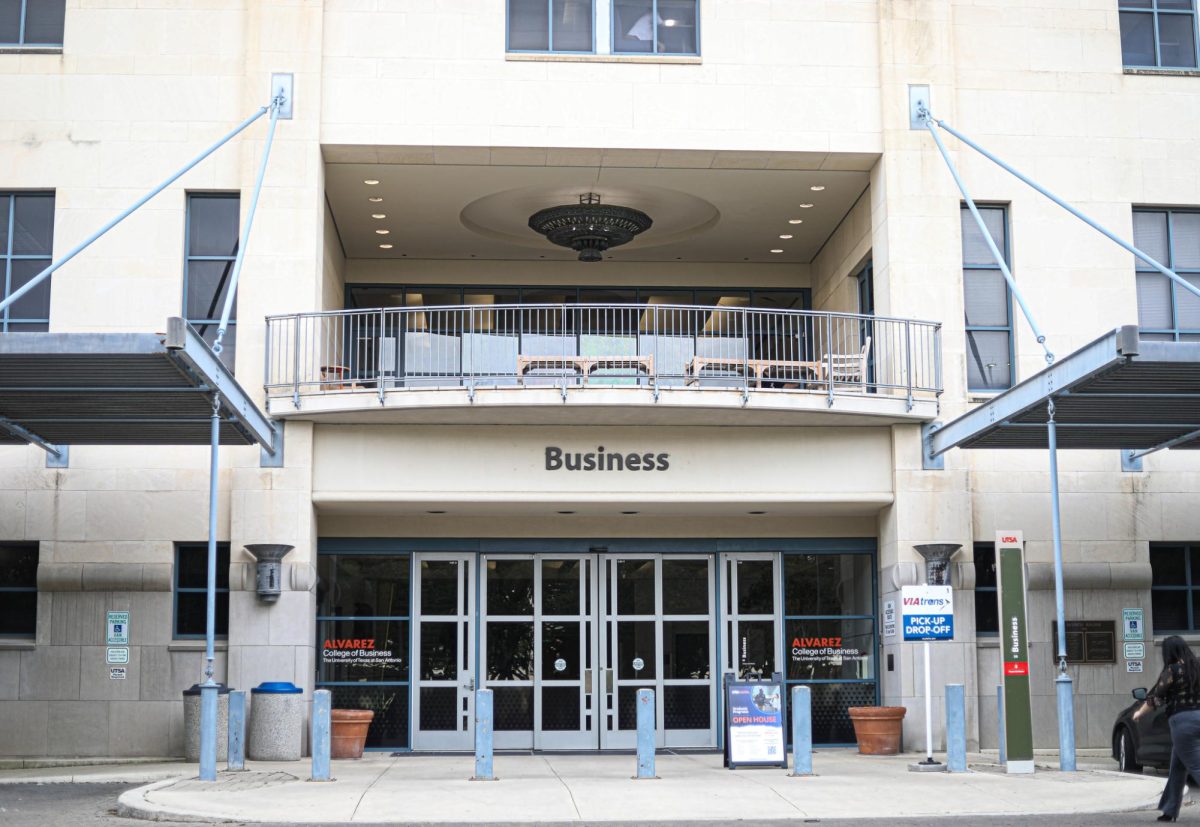The voice of the UT System’s student communities is being threatened.
According to Zack Dunn – President of the UTSA Student Government Association – the UT System Board of Regents will be holding a special meeting on Dec. 14 to discuss the revision of the Student Referendum Process (SRP). Dunn is part of the UT System Student Advisory Committee (UT-SSAC), an organization composed of high-ranking student leaders from each of the UT System’s nine universities and six medical centers.
The council provides input to the UT System Board of Regents by working through and with the Chancellor and UT System Administration on issues of student concern. Last week during a conference call, UT System Chancellor Francisco Cigarroa informed UT-SSAC of his intention to change the SRP.
Under the current SRP, a Student Government Association (SGA) can propose a referendum to its student body, which, if passed by a simple majority vote, is then brought to the university president by the administration of the SGA. If the university president supports the referendum, they can take the proposal to a meeting of the regents for approval.
Under the system proposed by Chancellor Cigarroa, the process would begin with a meeting of the SGA administration and the university president, rather than by a student body petition. A presentation would again have to be made by the university president to the regents. Finally, if the regents approved a referendum, it would then have to be passed through a vote from the originating university’s student body.
According to Dunn, the intention of the Chancellor’s revision is to eliminate the ability of students to propose Capital Improvement Projects (CIPs) – projects that cost the UT System more than $30 million. There are several examples of referendums passed by the UTSA student body that are indicators of what might be lost if this new SRP system is created.
In 2007 a CIP referendum to increase athletics fees – advertised as the first step towards the creation of the UTSA football team – was passed by a two-thirds margin from a voting pool of 4,602 students. More recently, in 2010 a referendum to add a $5 green fee to fund sustainability initiatives on campus – known as the “Green Fund” – was passed by a narrow margin of 52 percent.
“UT-SSAC feels that the voice of the students is being stifled by the UT System Board of Regents with this proposed change,” said Dunn. One of the reasons the regents are able to quickly make such a bold change to their policies is that they are not subject to scrutiny by voters. Rather, the Governor of Texas appoints each regent to the board.
The regents have been in the midst of controversy this year. In August, a new chairman was appointed to the board with the hopes of restoring its reputation after the Texas legislature accused the board of engaging in a “witch hunt” against Bill Powers, the president of UT Austin.
Notably, Regent Wallace Hall – now under investigation for impeachment – has required Bill Power’s administrative staff to send him around 800,000 documents through open records requests since he was appointed in 2011.
“The frightening aspect of this change is that it would apply to all the UT System campuses… The only way to let the regents know we are against this form of censorship is to tell them,” explained Dunn. “Emails, voicemails, letters, whatever it takes. We need to show the Board of Regents that we are unified as a UTSA student body, and we want to ensure that our voice is not being diminished in any way.”











